Vladimir Putin has again painted his enemies in Ukraine as "neo-Nazis", even though the country has a Jewish president who lost relatives in the Holocaust and who heads a Western-backed, democratically elected government.
The Holocaust, World War II and Nazism have been important tools for Putin in his bid to legitimise Russia’s war in Ukraine, but historians see their use as disinformation and a cynical ploy to further the Russian leader’s aims.
Israel has proceeded cautiously, seeking not to jeopardise its security ties with the Kremlin, despite what it considers the sacred memory of the six million Jews who were murdered by the Nazis in the Holocaust.
READ MORE: Putin appears at big rally as troops press attack in Ukraine
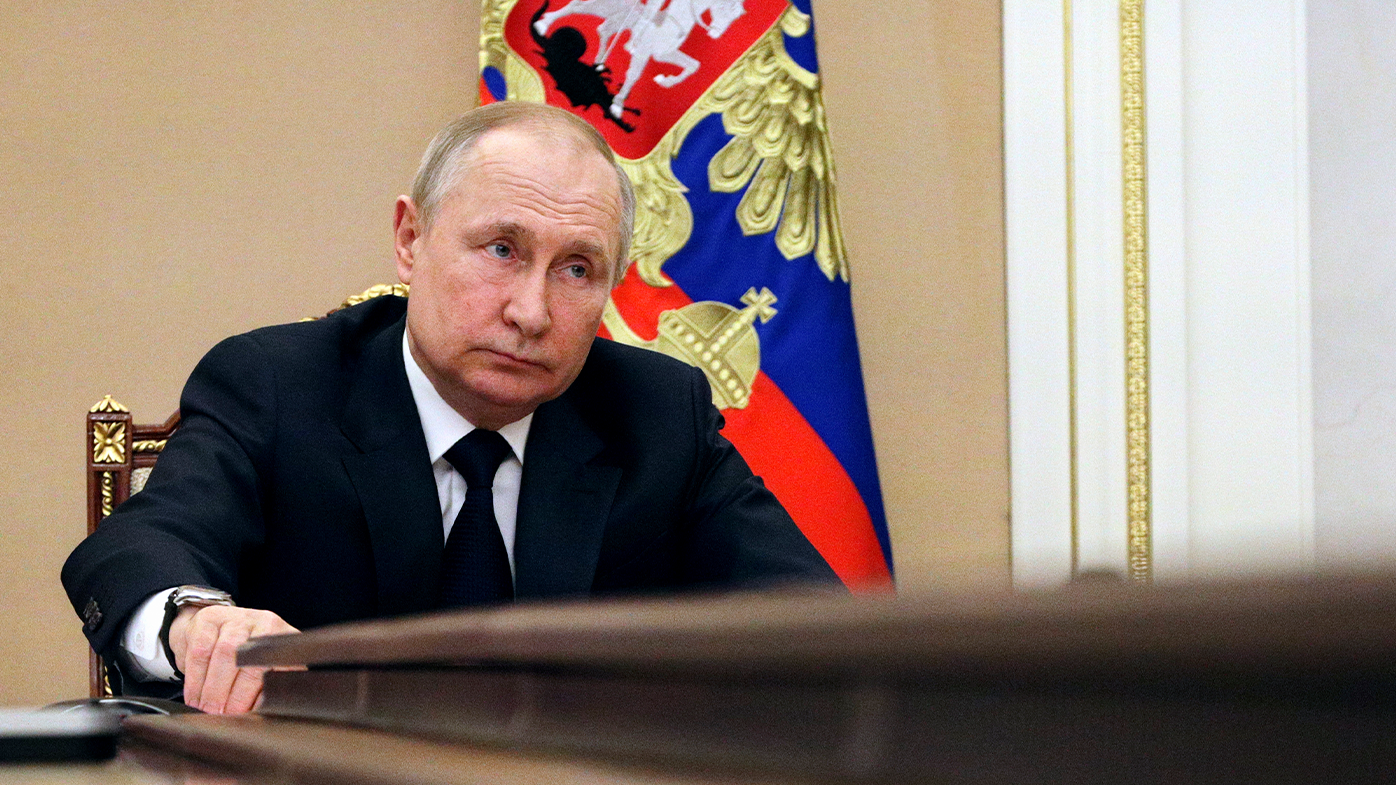
Here's a closer look at how the ghosts of the past are shaping today's conflict.
The war that defines Russia
World War II, in which the Soviet Union lost an estimated 27 million people, is a linchpin of Russia’s national identity.
In today's Russia, officials bristle at any questioning of the USSR’s role.
Some historians say this has been coupled with an attempt by Russia to retool certain historical truths from the war.
They say Russia has tried to magnify the Soviet role in defeating the Nazis while playing down any collaboration by Soviet citizens in the persecution of Jews.
On Ukraine, Russia has tried to link the country to Nazism, particularly those who have led it since a pro-Russian leadership was toppled in 2014.
This goes back to 1941 when Ukraine, at the time part of the Soviet Union, was occupied by Nazi Germany.
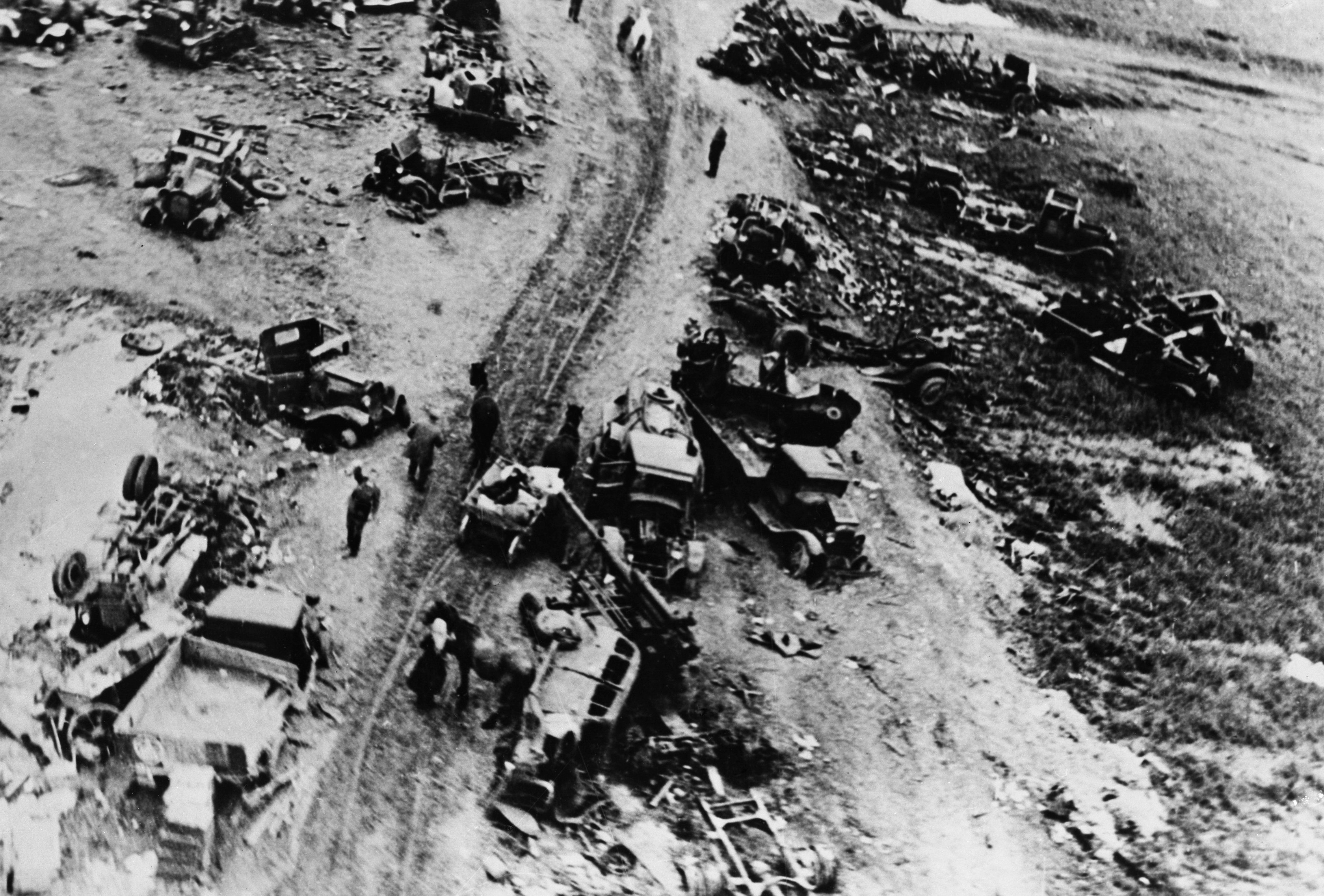
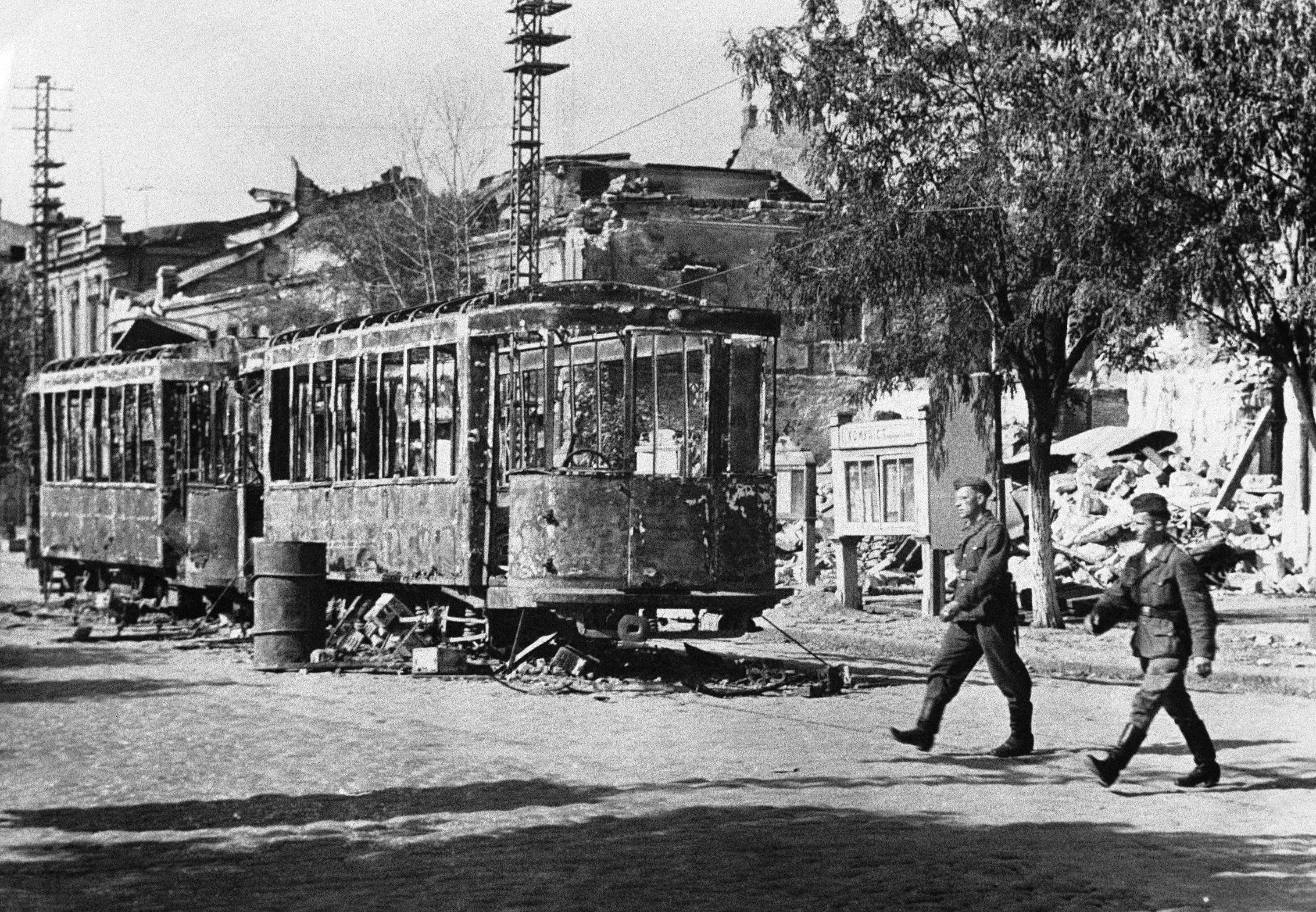
Some Ukrainian nationalists welcomed the Nazi occupiers, in part as a way to challenge their Soviet opponents, according to Yad Vashem, Israel’s Holocaust memorial. Historians say that, like in other countries, there was also collaboration.
Some of Ukraine’s politicians since 2014 have sought to glorify nationalist fighters from the era, focusing on their opposition to Soviet rule rather than their collaboration and documented crimes against Jews, as well as Poles living in Ukraine.
But making the leap from that to claiming Ukraine’s current government is a Nazi state does not reflect the reality of its politics, including the landslide election of a Jewish president and the aim of many Ukrainians to strengthen the country’s democracy, reduce corruption and move closer to the West.
READ MORE: US lays out consequences for China if it supports Russia attack on Ukraine
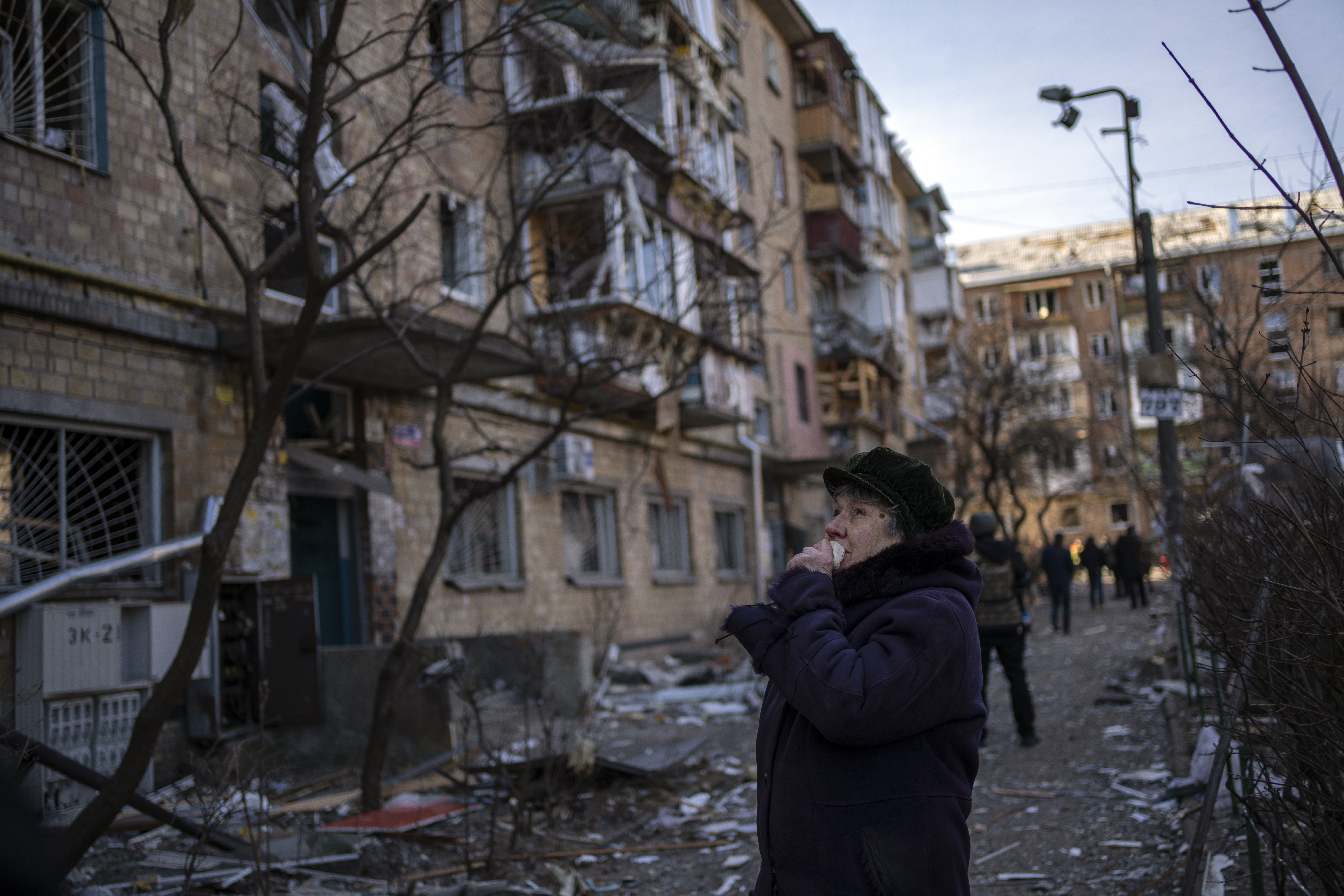
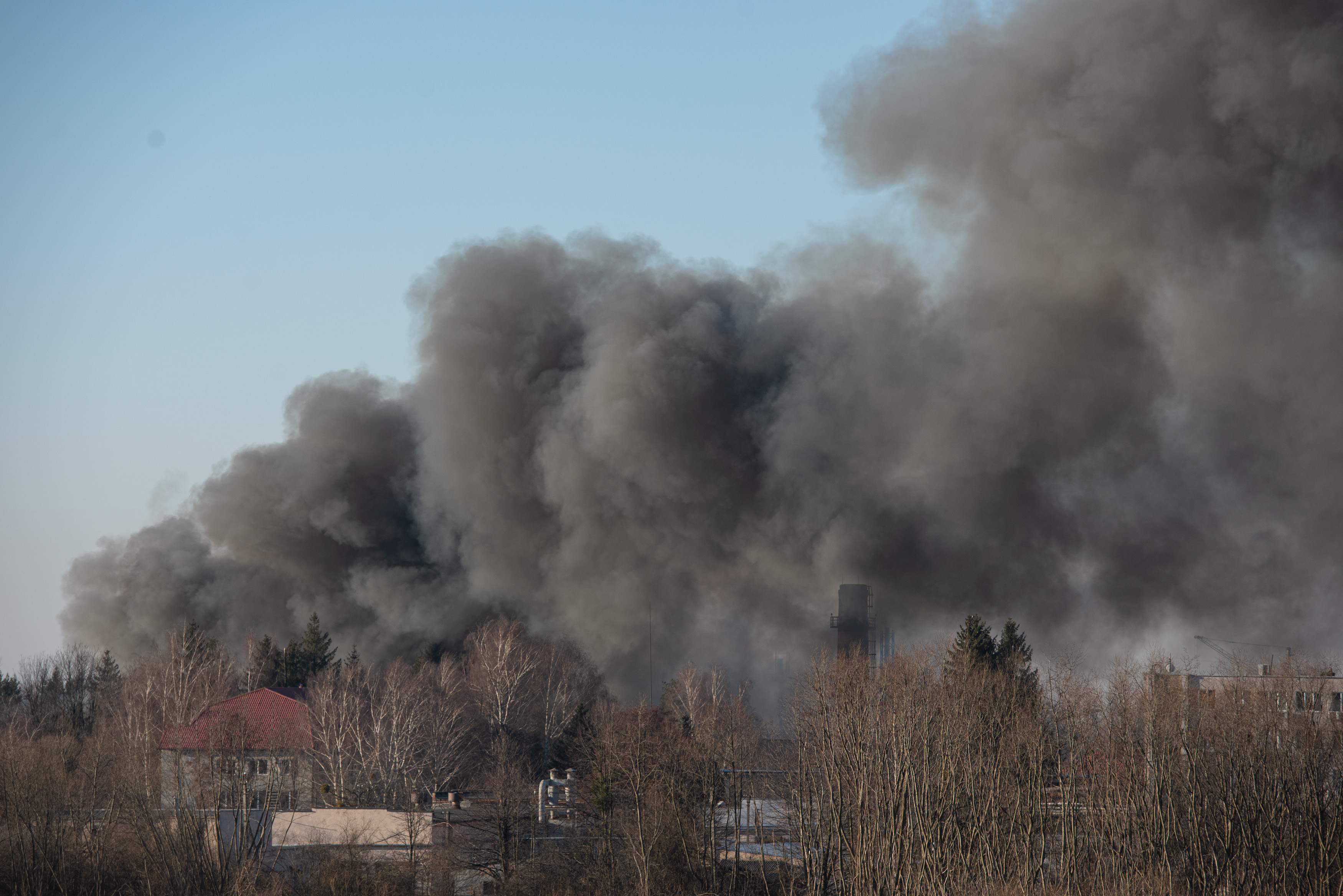
"In terms of all of the sort of constituent parts of Nazism, none of that is in play in Ukraine,” Jonathan Dekel-Chen, a history professor at Jerusalem's Hebrew University, said.
"Territorial ambitions. State-sponsored terrorism. Rampant antisemitism. Bigotry. A dictatorship. None of those are in play. So this is just total fiction."
What's more, Ukrainian President Volodymyr Zelenskyy is Jewish and has said three of his grandfather's brothers were killed by German occupiers while his grandfather survived the war.
That hasn't stopped Russian officials from comparing Zelenskyy to Jews who were forced to collaborate with the Nazis during the Holocaust.
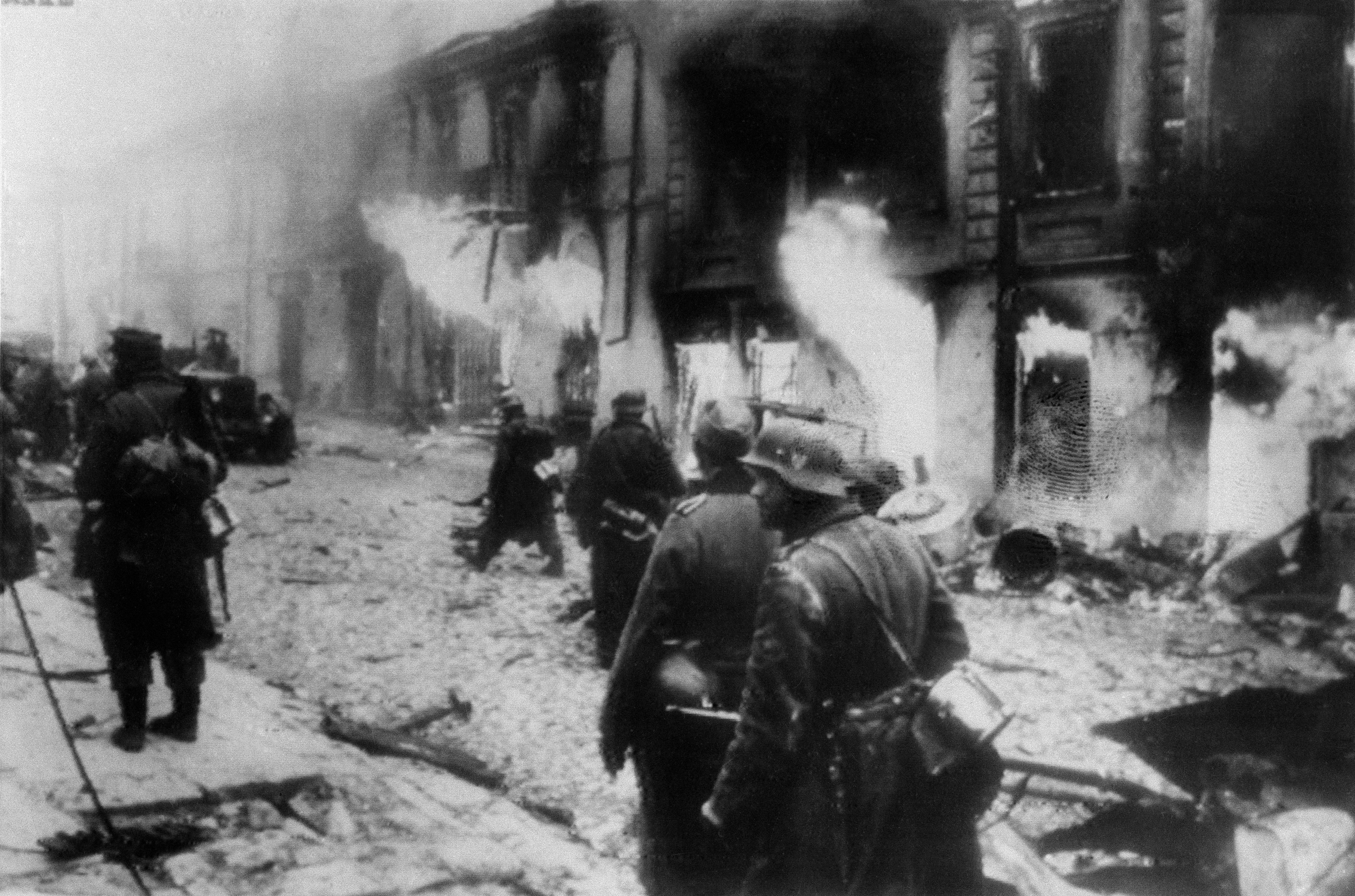
Holocaust distortion
Putin's attempts to stretch history for political motives is part of a trend seen in other countries as well.
Most prominently is Poland, where authorities are advancing a nationalist narrative at odds with mainstream scholarship, including through a 2018 law that regulates Holocaust speech.
The legislation sought to fight back against claims that Poland, a victim of Nazi Germany, bore responsibility for the Holocaust.
The law angered Israel, where many felt it was an attempt to whitewash the fact that some Poles did kill Jews during the German occupation during World War II.
Yad Vashem also came out against the legislation.
READ MORE: China decries 'conflict' during video call between Joe Biden and Xi Jinping
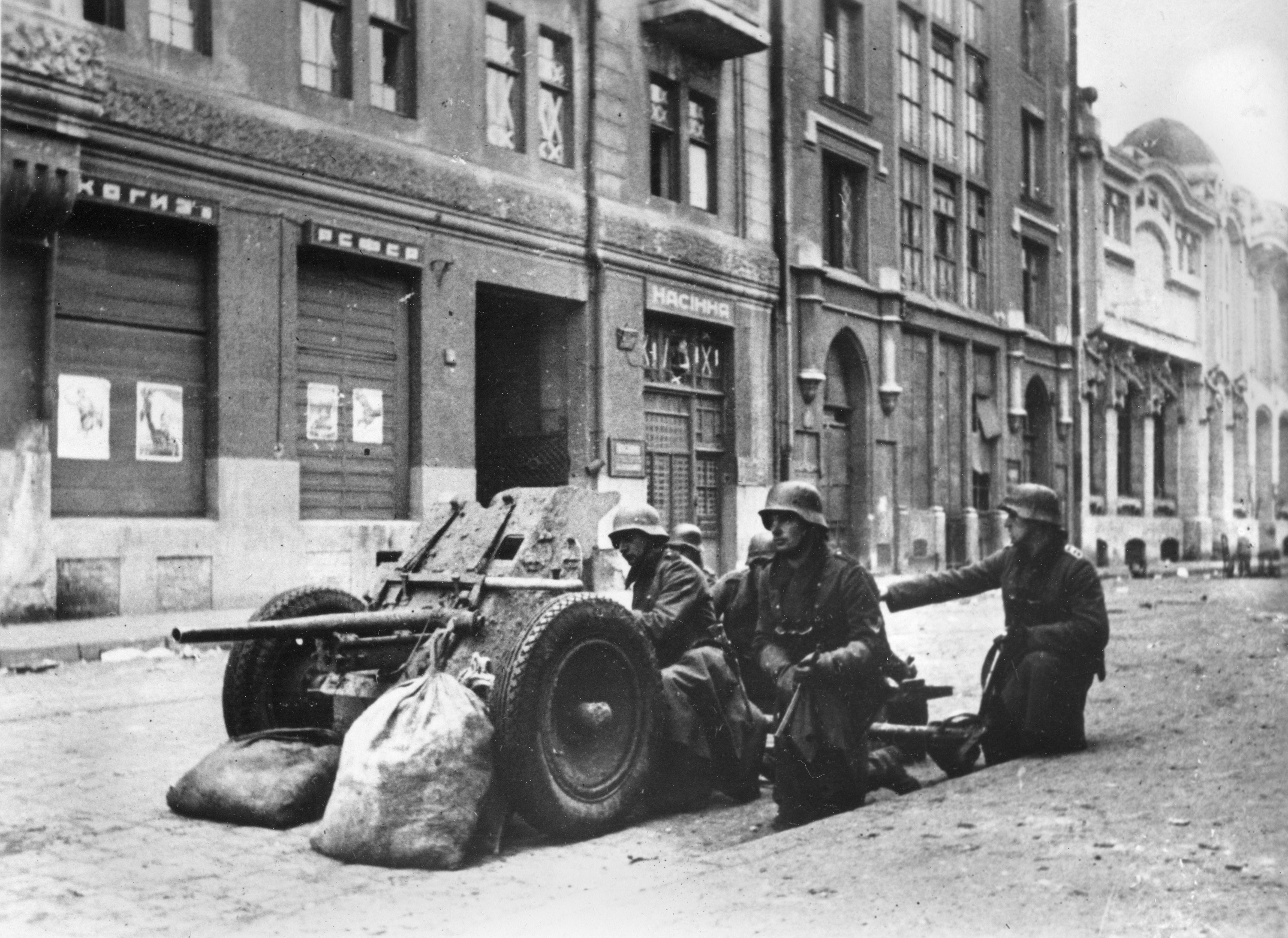
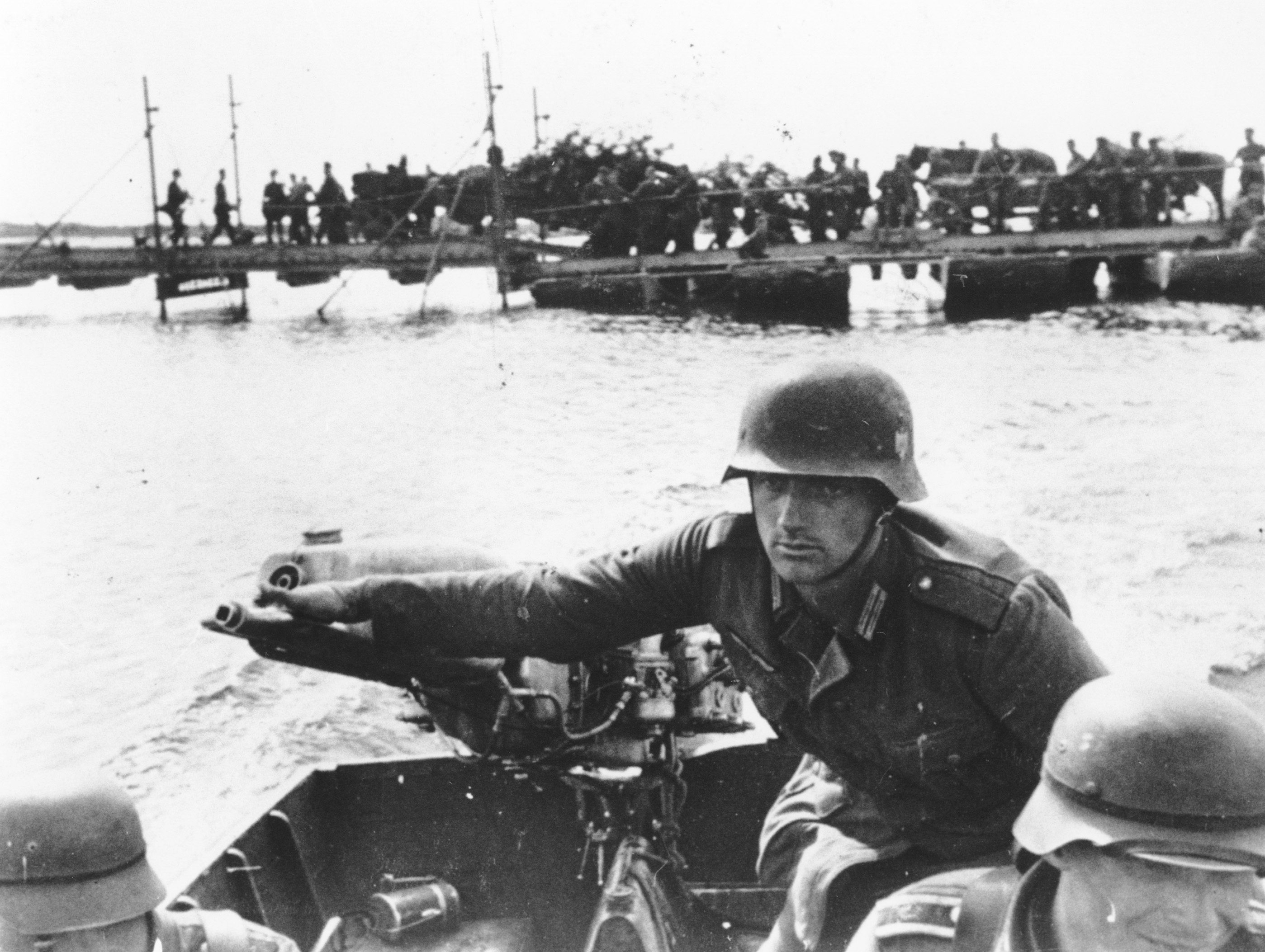
Havi Dreifuss, a historian at Tel Aviv University and Yad Vashem, said the world was now dealing with both Holocaust denial and Holocaust distortion, where countries or institutions were bringing forth their own interpretations of history that were damaging to the commemoration of the Holocaust.
“Whoever deals with the period of the Holocaust must first and foremost be committed to the complex reality that occurred then and not with wars over memory that exist today,” she said.
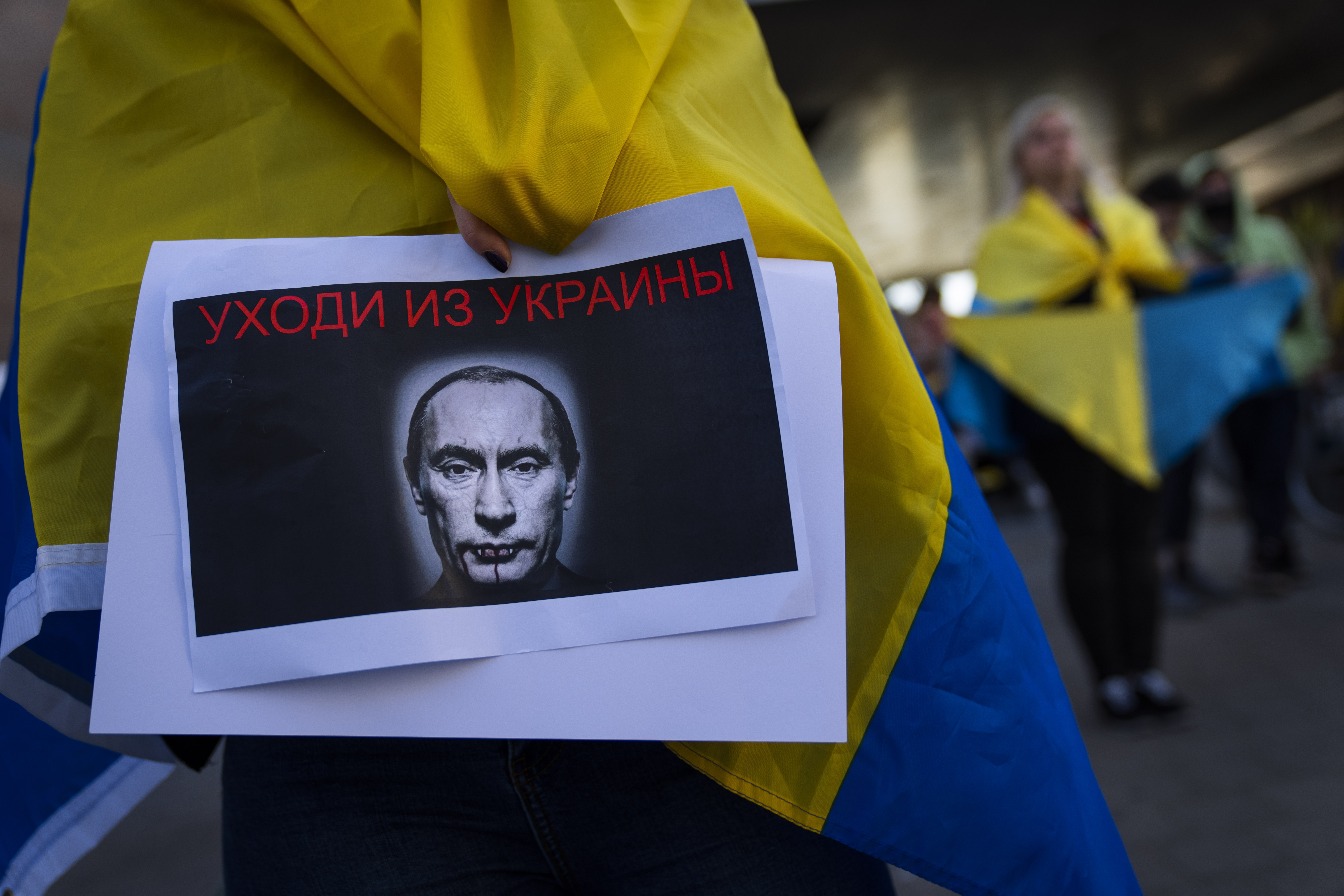
Israeli interests
The Holocaust is central to Israel’s national identity.
The country comes to a two-minute standstill on its Holocaust remembrance day.
Schoolchildren, trade groups and soldiers make regular trips to Yad Vashem’s museum. Stories of the last cohort of Holocaust survivors constantly make the news.
Israel has butted heads with certain countries, including Poland, over the memory of the Holocaust. But Israel has appeared more reticent to challenge Putin and his narrative, according to some observers, because of its current security interests.
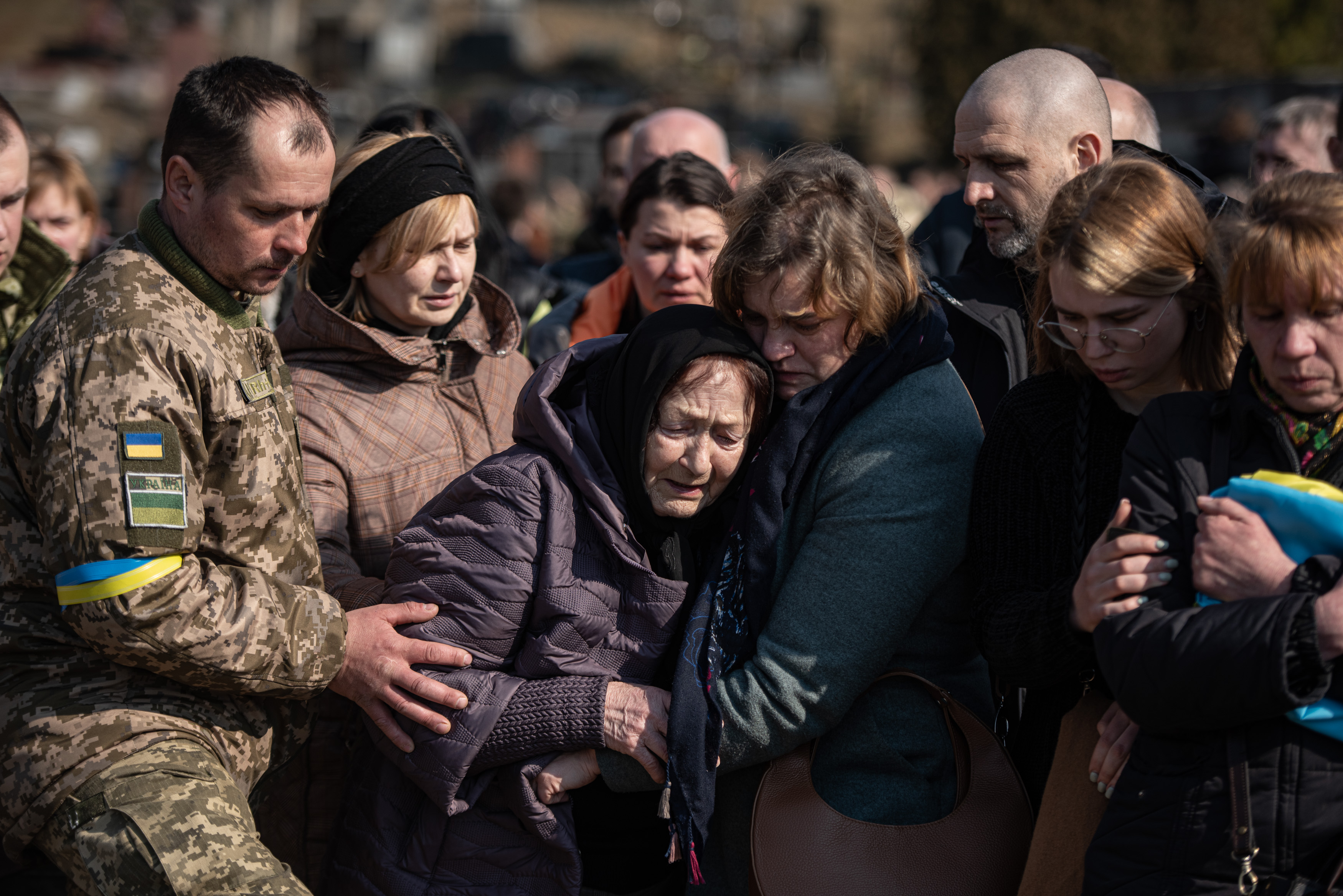
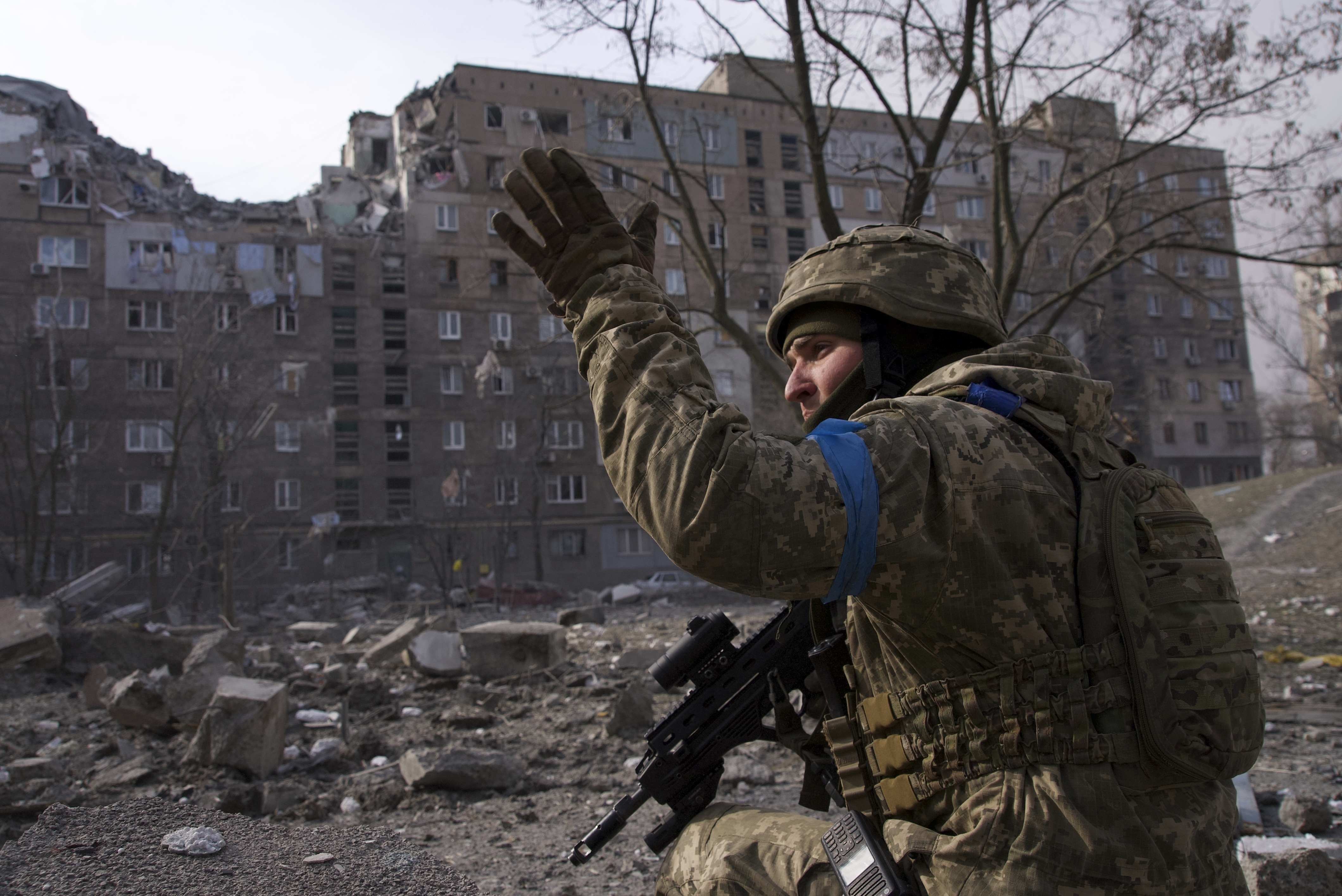
Israel relies on coordination with Russia to allow it to strike targets in Syria, which it says are often weapons caches destined for Israel’s enemies.
Israel came under fire from historians in 2020 after a speech by Putin and a separate video presentation at a meeting of world leaders in Jerusalem to commemorate the liberation of the Auschwitz-Birkenau death camp, which they said skewed toward his narrative and away from the historical facts.
Israel was conspicuously muted in its criticism of Russia in the lead-up to the war on Ukraine.
READ MORE: Nearly 6.5 million people displaced inside Ukraine due to war
Commentator Raviv Drucker wrote in the daily Haaretz that Israel was “on the wrong side of history” with its response, which initially sought to support Ukraine while not rattling Russia.
Israeli Foreign Minister Yair Lapid has repeatedly condemned Russia’s invasion. But Prime Minister Naftali Bennett has stopped short of issuing a public condemnation of Russia.
Through that neutral stance, he has emerged as an unlikely mediator between Kyiv and Moscow.
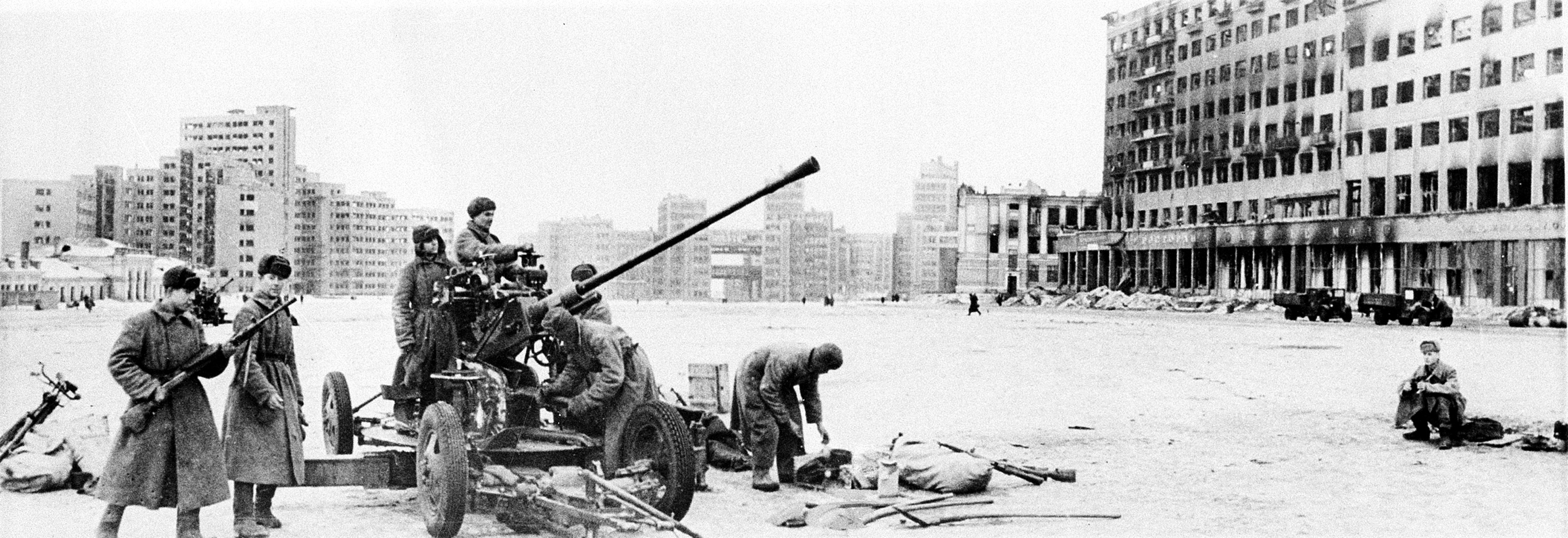
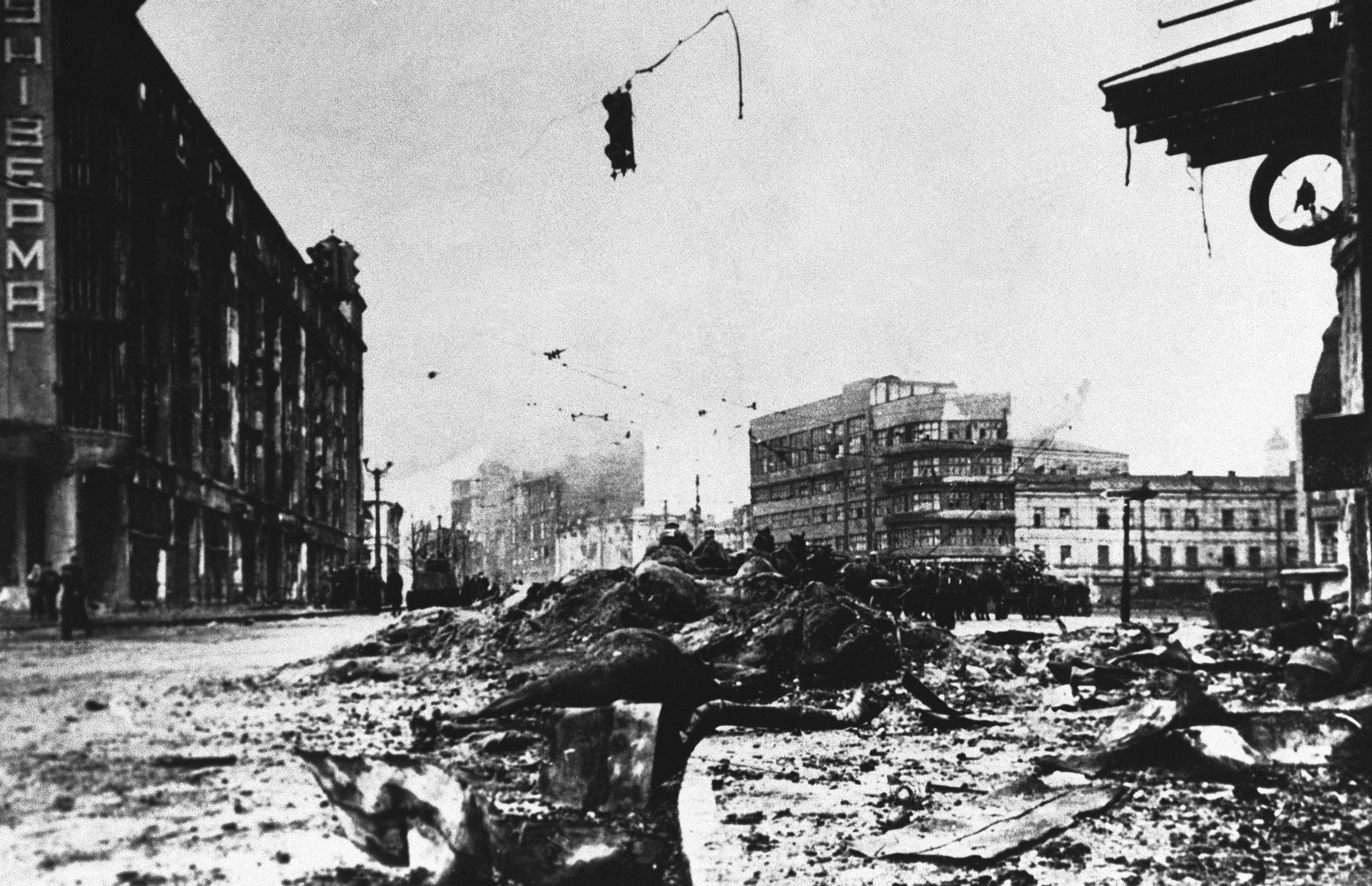
Vera Michlin-Shapir, a former official at Israel’s National Security Council and the author of Fluid Russia, a book about the country's national identity, said Israel's regional security concerns were of greater interest than challenging Russia on its narrative.
“Russia can provide weapons systems to our worst enemies and therefore Israel is proceeding very cautiously — you could say too cautiously — because there is an issue here that is at the heart of Israel’s security,” she said.
